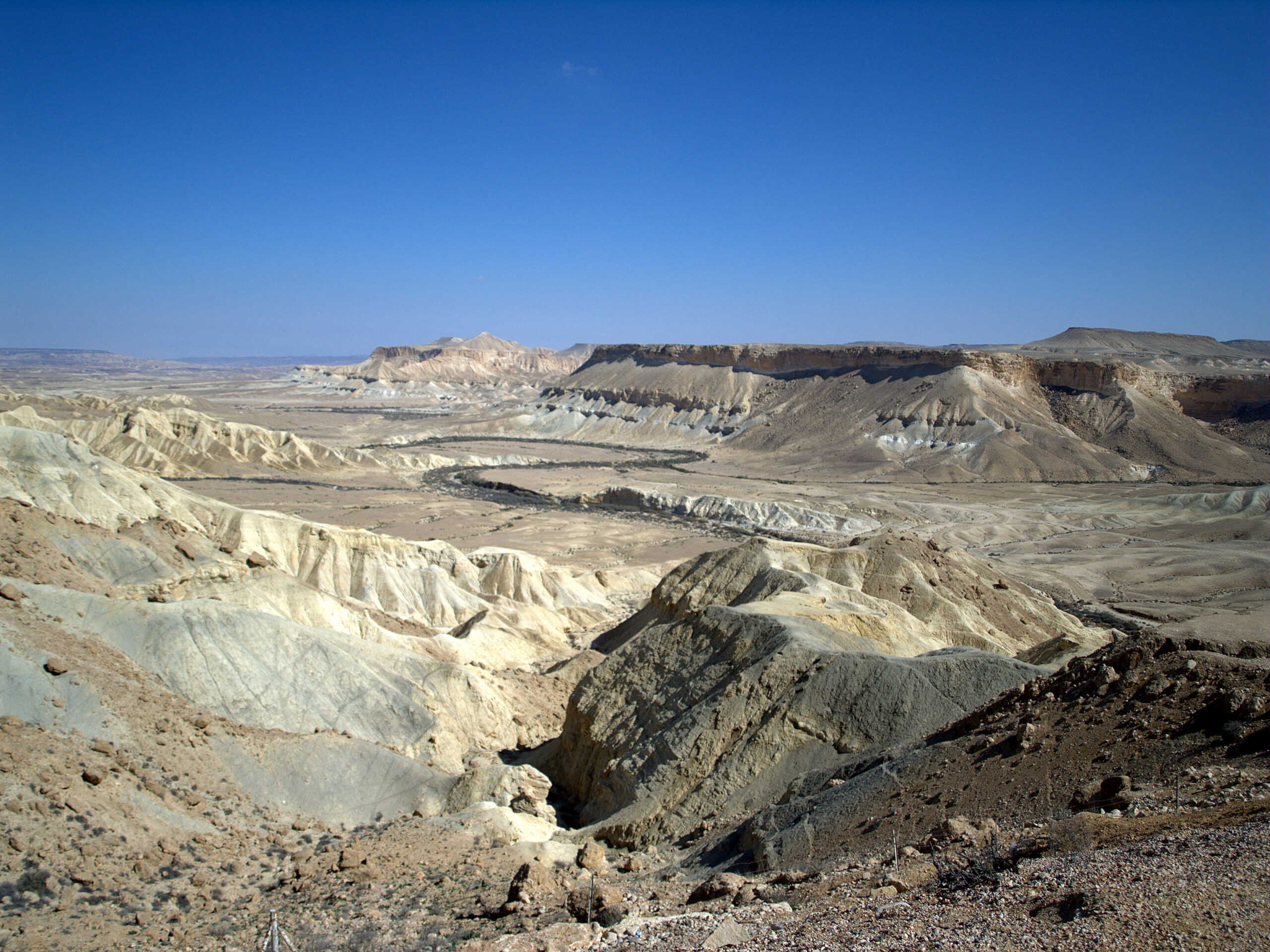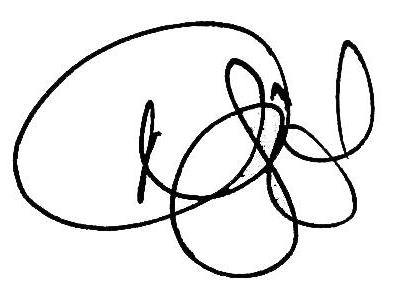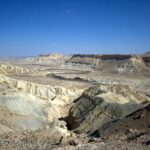
Thursday, July 11, 2019 | 8th Tammuz, 5779
Dear All,
In this week’s parsha, the children of Israel are in the wilderness of Tzin.
A small smile arises as I read it because it’s not just a line in the Torah; it’s also a road sign we pass on the Israel Ride each year. (When I read it I think of the Ride and the place, and when I cycle past it and through it I think of the Torah. This is as it should be.)
And in the Torah the children of Israel are complaining:
“Why have you taken us out of Egypt to bring us to this evil place, not a place for seeds or fig trees or grapevines or pomegranate trees – and there’s no water to drink!”
(On the Israel Ride very occasionally this becomes an accidental riff on the Torah – “I’m on vacation, and this is amazing – but how long to the next rest stop?!”)
But this week I found myself thinking about this complaining in the wilderness as a larger metaphor for the world we live in today.
We have indeed left slavery. We’re not defenseless against pogroms, as we were in the middle ages; as we were in the seventeenth century, or the nineteenth century, or against Hitler or the Bolsheviks. We live in peace and freedom. (If you doubt that, imagine your great-grandparents looking at the Jewish world today.)
And yet the clouds on the horizon look dark, and we are not wrong to see them that way.
So we have to hold to an almost impossible balance.
On the one hand, we cannot not act in relation to what is happening, and what will get worse in the future. The climate crisis is real and accelerating, and twenty years of headlines and demonstrations, conferences and clean tech, coffee mugs and Teslas – these have been necessary, but are far far far from enough. The environmental crisis is not like someone dying from a heart attack – acute, erupting suddenly, and fatal. The environmental crisis is like the chronic deaths each year from asthma, or diabetes – or heart attacks. The eventual consequence of years and decades of damage done to our bodies, whether by our own choices or from the world around us.
The chronic nature of climate change – its inexorability, its background-noiseness, the inability for us to focus properly, amidst a welter of shorter-term crises and challenges; this we must face and start to respond to. Each one of us needs to start to think about this, to realize that a tipping point is being reached.
Hazon is committed, these next three years and beyond, to raise our game. We’re here both to challenge and to support.
We’re going to be talking about environmental teshuvah (repentance), about a climate crisis that is getting worse, about the failure of the Jewish community thus far to respond in serious ways, and about the need for all of us to move this issue up our agendas, personal and professional. We have to pay attention and learn about the consequences of our behaviors; and we have to start to change our behaviors.
For instance: Industrial meat and dairy and food waste combined add up to close to a third of climate emissions. So we have to change how we eat.
And personal change is necessary but not enough – we must also change our institutions; the food we serve, the energy we use, the education and inspiration we provide.
And that isn’t enough either – we have to engage with elected officials and raise our voices and say dayenu! From the long deep sweep of Jewish history, now is the moment for governments at all levels to pass laws that will constrain our (unintended) evil inclinations and reduce carbon and waste by fiat as well as by choice.
So – all this is part of the planning and work we are now doing, to start to implement our new strategic plan, and I’ll share more about this going forward.
And yet – and also – it is the summer and people are on vacation and reading beach books. Hiking and biking. Spending time with kids and parents, or at camp.
This week’s parsha leads us towards the three weeks, this beautiful period in which we eyeball destruction of all sorts – and come out believing in mashiach and redemption and a festival of love. This is the balance we have to hold. This is why Hazon is called Hazon. There has to be a vision of goodness and of possibility, a promised land, a redemption. Not just in the Torah, not just the land of Israel. We will traverse the desert, we will face our fears and the complaints they engender. And we will understand that we hold a better future in our hands.
The lesson of history is mixed. Great stupidity. Evils of all sorts, small and large. Revolutionaries who start with love and ideals, and lead all too soon to intolerance done in the name of the new regime.
And yet Nick Kristof writes this essay every year. He is not wrong. This is why our task is not to complain. It is to use these summer wanderings to regroup, to reground, to switch things off, to focus on what is important. And to get ready for what is to come, to what will be needed of us in the coming year.
Shabbat shalom,

Nigel
